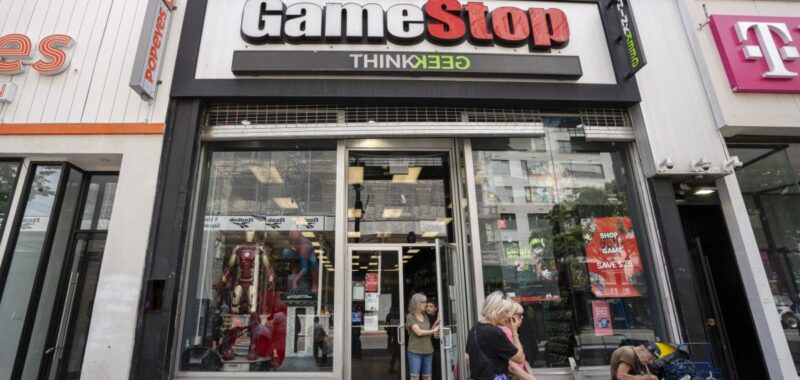
The beleaguered retailer, which remains a meme stock favorite, announced plans Wednesday to launch a series of “retro” stores, which will focus on older gaming systems and their titles.
The retro stores, based on addresses, appear to be retrofitted existing GameStops—or perhaps just a segment of those locations. GameStop did not provide additional information beyond an X post announcing the launch.
THE CLASSICS ARE BACK.
New Retro GameStops are now spawning near you: https://t.co/m42FevuQaY pic.twitter.com/79PloFFiOx
— GameStop (@gamestop) August 27, 2024
Fans of classic gaming will be able to purchase classic games for a variety of older video game consoles, including the NES, SNES, Game Boy Advance, Game Boy, N64, Nintendo DS, Wii, Wii U, Nintendo GameCube, Xbox, Xbox 360, PS1, PS2, PS3, PS Vita, Sega Genesis, Sega Saturn, and Dreamcast.
While focusing on games for systems that are no longer sold might seem a curious business move, there is some logic in the announcement. Publishers are increasingly focused on digital distribution, which makes GameStop less relevant in the current environment. The company fell short of analyst earnings expectations in the first quarter, losing 12 cents per share.
Classic games not only appeal to the most dedicated of gamers, which have always been the target market for GameStop, they let the company focus once again on used game sales, which was always its primary revenue source. Classic games also often sell at a premium, given their nostalgic value and, in many cases, rarity. That could give GameStop a higher profit margin.
A copy, for example, of The Legend of Zelda: Twilight Princess for the Nintendo GameCube was listed at $89.99, while Dragon Ball Z: Budokai Tenkaichi 3 for the PlayStation 2 carried a $120 price tag. That game cost $60 when it came out in 2007.
GameStop shares were up slightly in early trading Wednesday.

